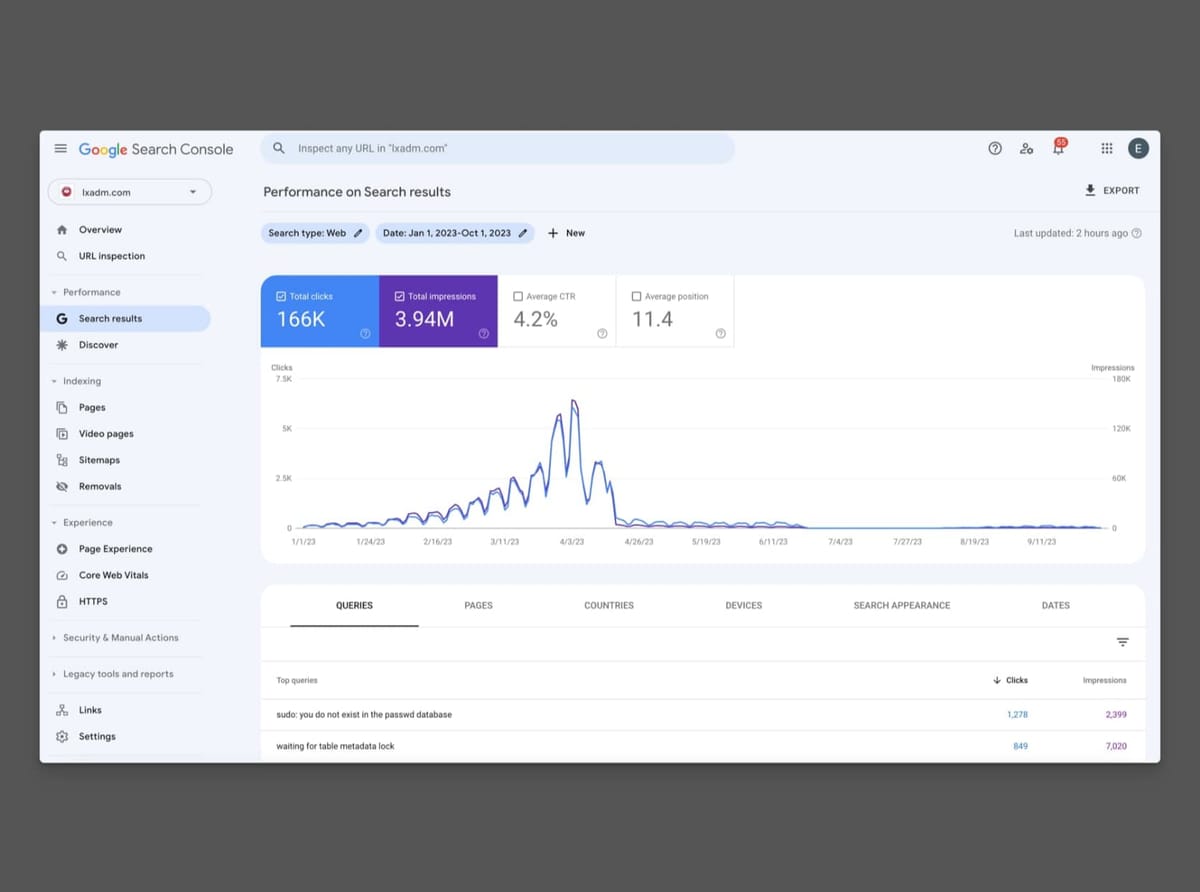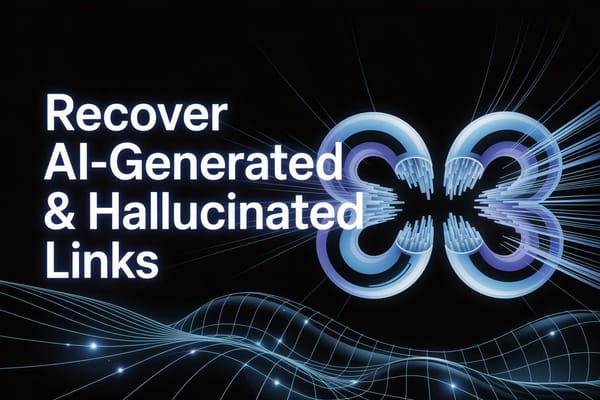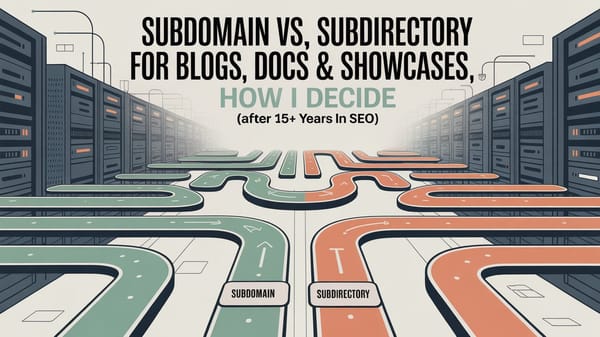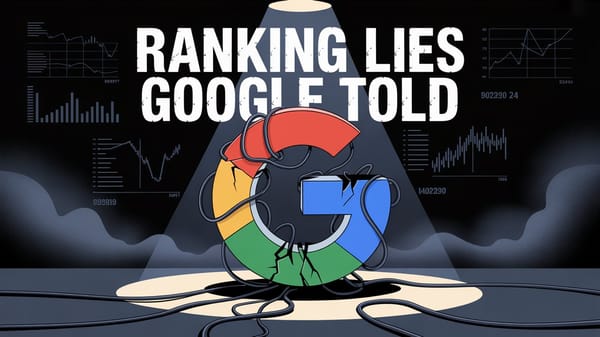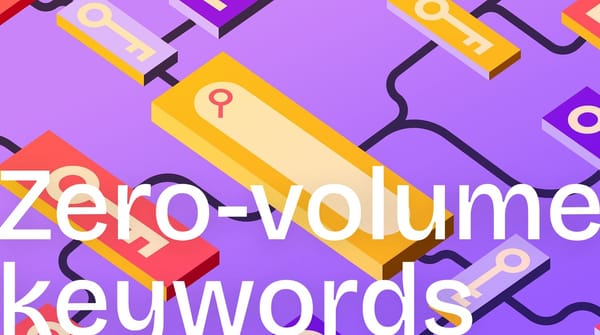As you may know, AI has completely shifted the balance in the world of SEO. Since its inception, I've followed and conducted various experiments to gauge Google's reactions.
In January 2023, an idea for a project using AI-generated content popped into my head. I noticed that AI could now answer questions asked by programmers on Stackoverflow. There are more than 25M questions on Stackoverflow, and many of them remain unanswered.
Here is the step i have done:
Step #1: I scraped approximately 2000 of the most viewed questions on Stackoverflow using the scraping service scrape.do to get common problems developers encounter.
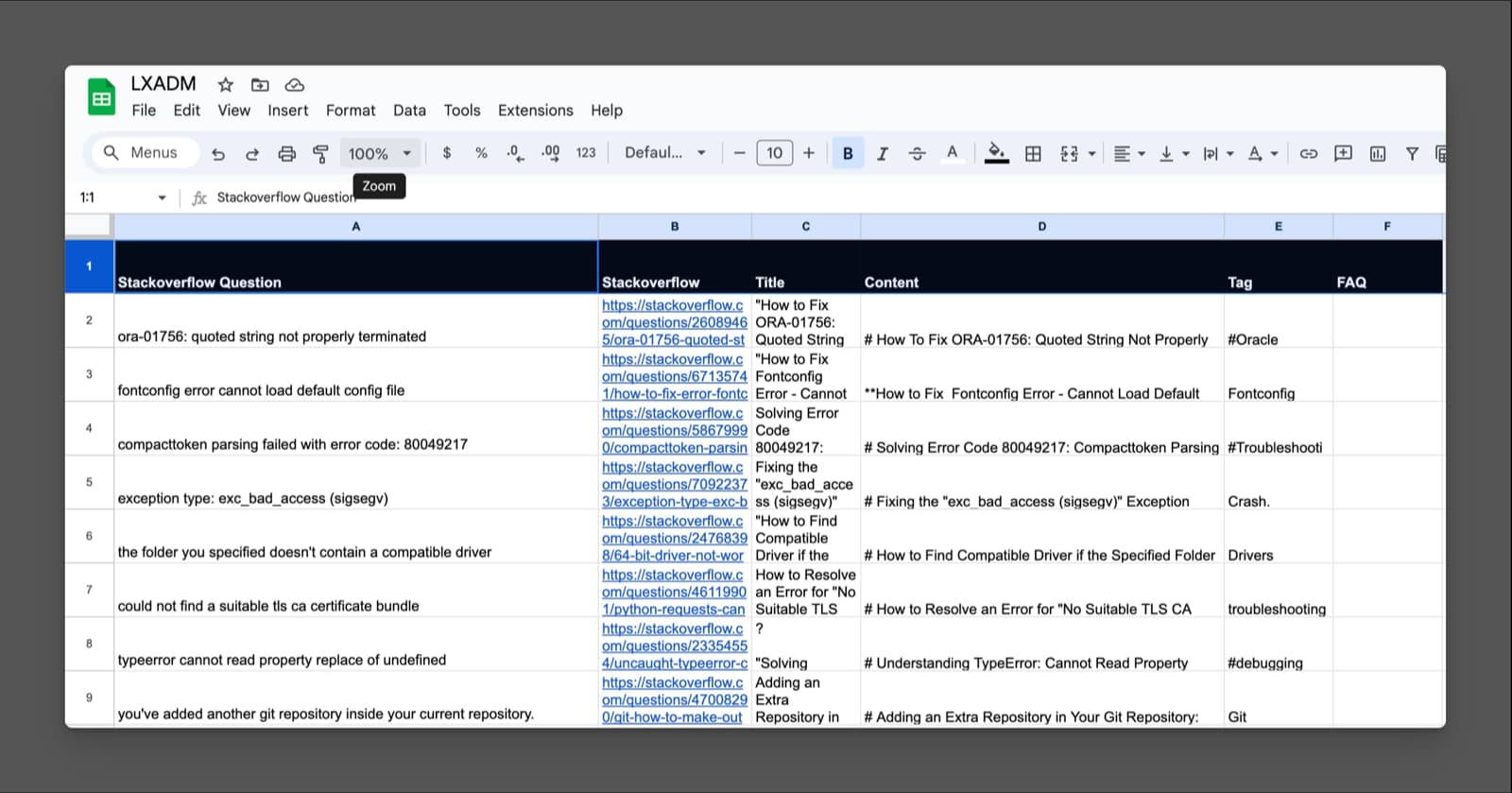
Step #2, I imported these 2000 questions into a Google sheet. I deploy a SEO friendly blog with ghost.org, which is free and has a monthly server cost of $6.
The website still open you can visit from lxadm.com
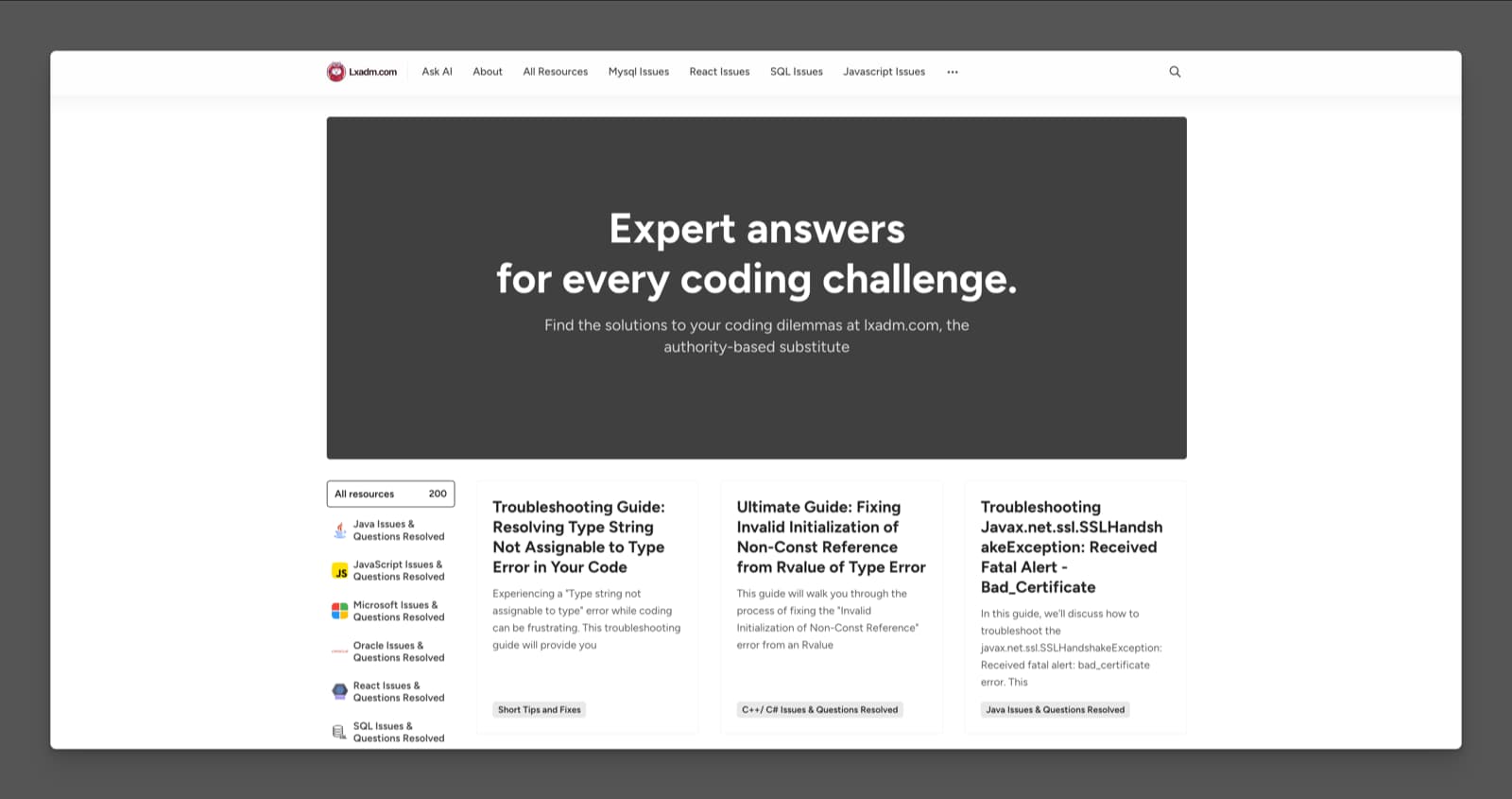
Step #3 Then, using make.com, i created a no-code automation. I pulled 10 questions daily and had OpenAI GPT3 AI generate answers by writing an optimal prompt for each question. Boom! 🔥
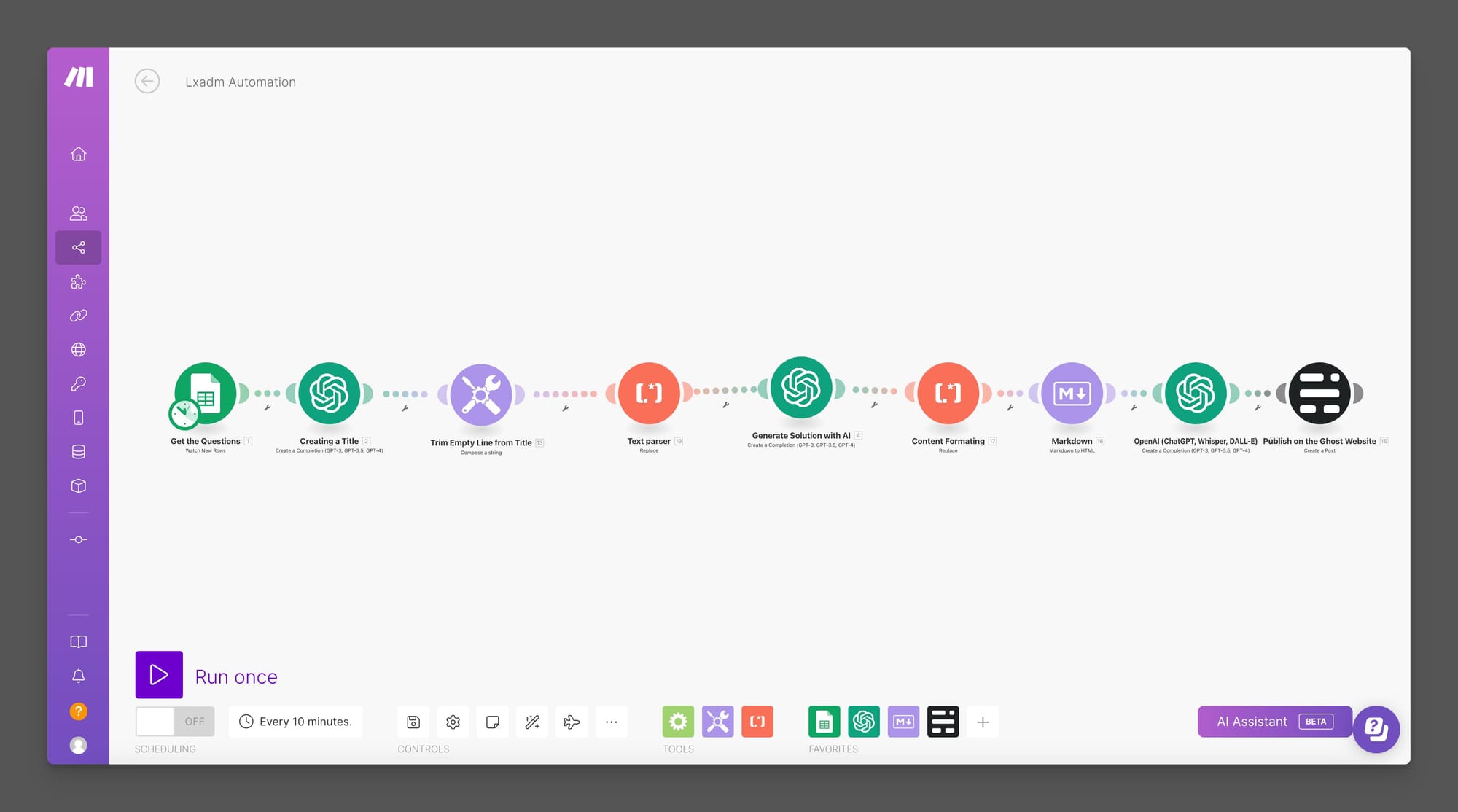
I also created another automation that get published content to share lxadm twitter. It gives also good social signal to the website.
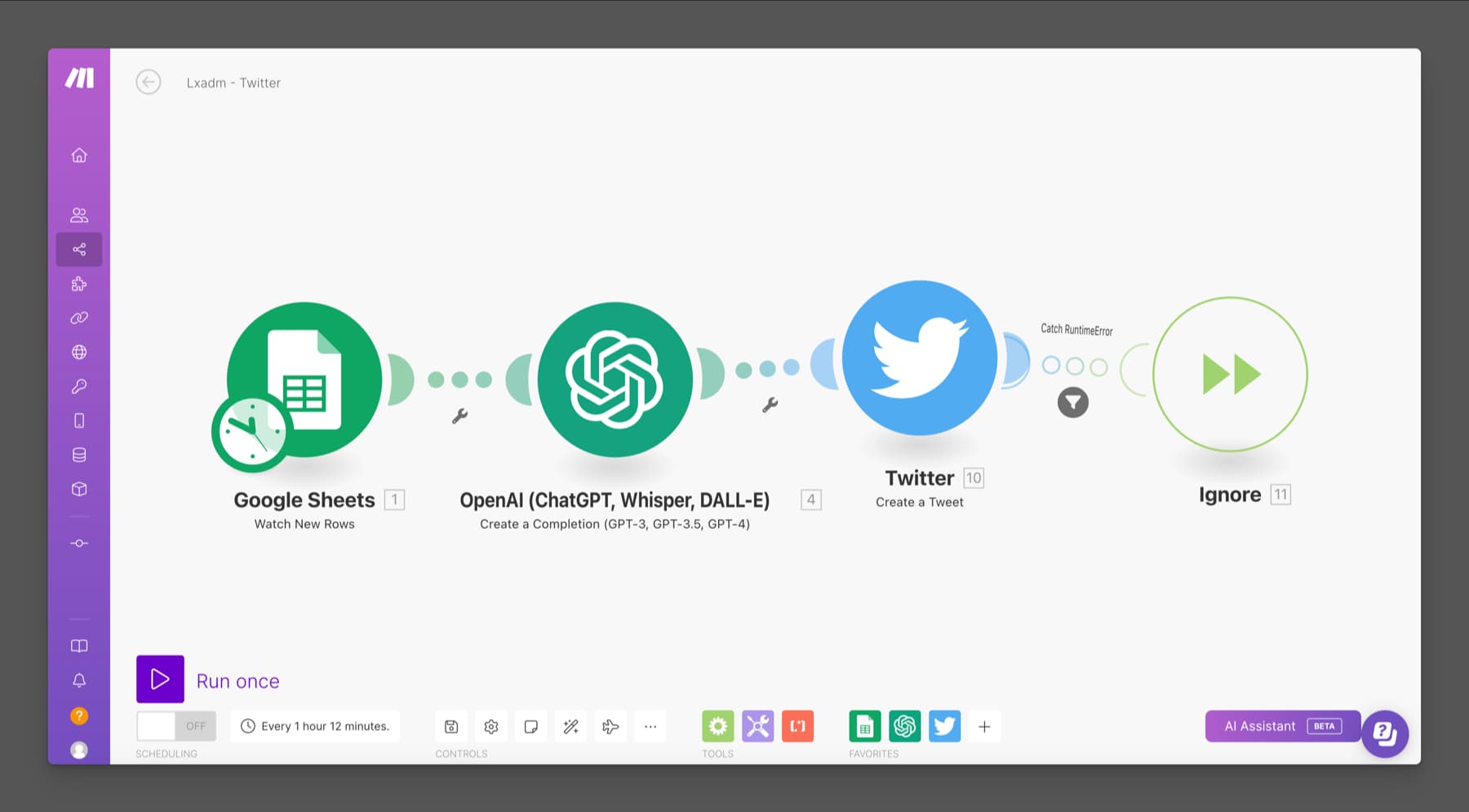
It started producing excellent solutions to the questions, and this system continued for about a month.
Rapid growth & publishing triggers Google's spam radars.
Lxadm.com search console.
However, when we further increased content sharing, our experiment triggered Google's spam radar. Traffic suddenly dropped in positions, but it wasn't de-indexed.
The takeaway from this AI SEO experiment is that a new site for programmatic AI-generated content should not have a rapid influx of content. This could trigger Google's manual or automatic radar and turn the site into junk. The conclusion drawn from this experiment is that programmatic AI content generation should definitely not be done. If you are using AI-generated content, you should continue it with human assistance.


